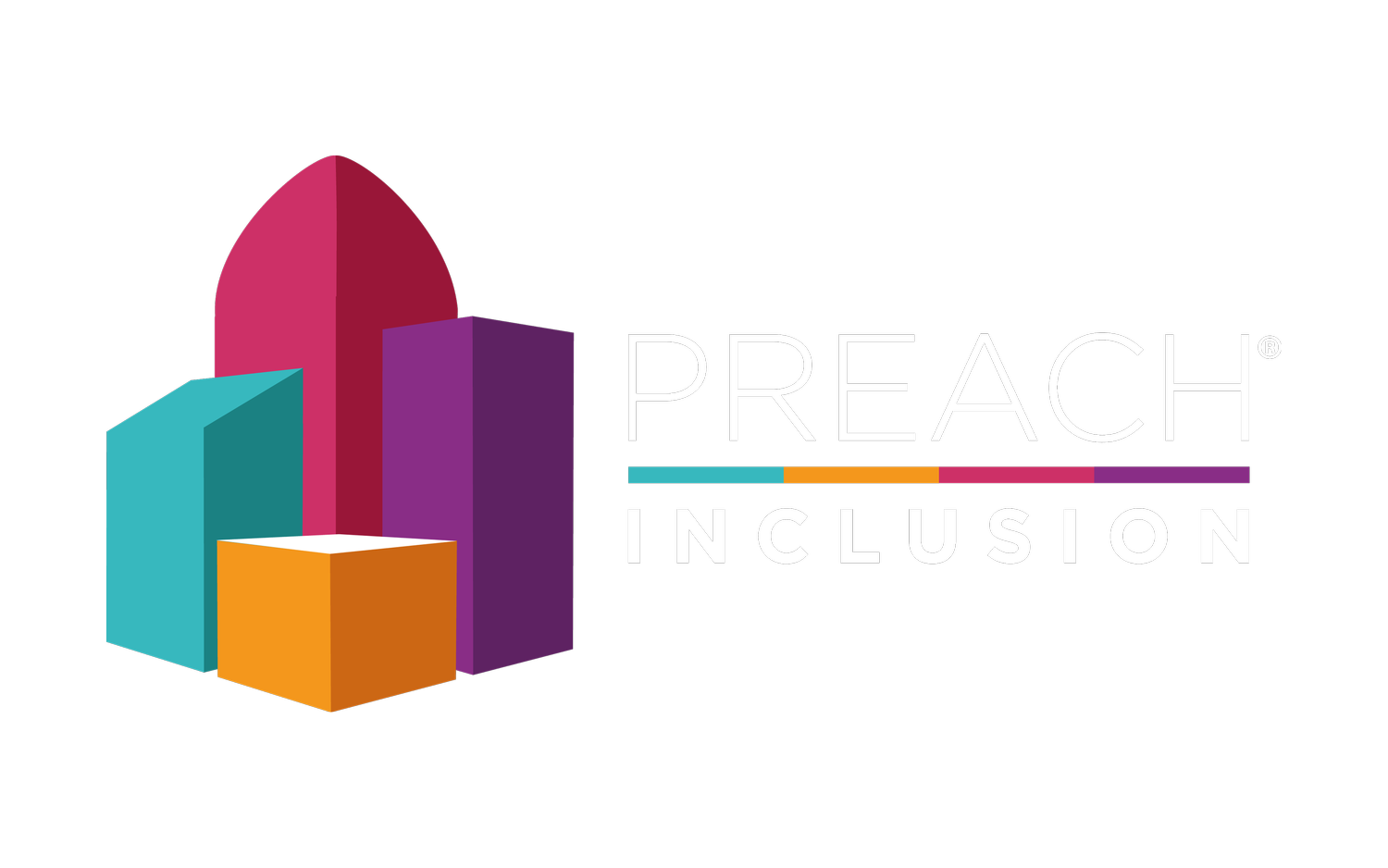Is the conversation on menopause inclusive enough?
Please note that this article was published prior to the new brand name of PREACH Inclusion® on 25 April 2024, so you will notice references to BAME in Property.
This week, we’re pleased to have a guest blog from Sophie Romain, People and Culture Business Partner at Turley – one of BAME in Property’s Corporate Partners – share her views on whether the conversation and guidance around menopause is inclusive enough.
In this piece, Sophie shares some insights into menopause symptoms amongst ethnic communities, the challenges related with talking about it and guidance Turley have provided their co-owners. We hope this supports other companies producing their own guidance on menopause and individuals who may be going through the menopause too.
In recent years a flashlight has been shone on the menopause and the importance of supporting this life stage in the wider media. However, there is much still to be done to have a more inclusive approach and bring more diversity to the menopause conversation.
I recently saw an article which reported that Black and Asian menopausal women and people* on average experience a greater number of menopause symptoms, start the transition through the menopause earlier, and also experience symptoms over a longer time period. Furthermore, they are more likely to be misdiagnosed and less likely to receive treatment.
This piqued my interest, whilst the many and varied resources I had seen before were clear that each person’s experience is unique to them, they hadn’t really drawn out some of these cultural or racial different experiences. With a quick ‘Google’ there are articles regarding the experiences of BAME Americans transitioning through the menopause but there are few resources regarding the impact of the menopause on UK ethnic minorities.
Despite it being a natural life stage that will affect half of the population it remains a taboo subject and people often feel uncomfortable talking about their experience, this can be particularly evident in some ethnic communities. When people don’t feel comfortable sharing their experiences with loved ones or seeking medical help for symptoms, they may lack knowledge on the menopause and will be less likely to be aware of the different support options that could help them manage their symptoms.
Furthermore, (depressingly) research has shown the healthcare inequalities that ethnic minorities can experience. The book Rebel Bodies (Sarah Graham, 2023) also references research in the United States that found racial bias in pain relief assessment and treatment. Anyone unfortunate to experience substandard healthcare may be deterred from seeking vital support from medical professionals when they need it most.
Turley are seeking to raise awareness of the menopause, to normalise conversations about this natural life stage and to support co-owners (and their line managers) who are experiencing symptoms. In October 2022 we launched guidance to support co-owners transitioning through the menopause at work. The guidance is for co-owners and their line managers who play an important role in creating the right environment for co-owners to feel able to share their experiences and to then support in the best way. Understanding more about the menopause and our approach in supporting this life stage is beneficial to all co-owners whatever their gender. We regularly review how we can best support co-owners and this year we enhanced our company medical insurance policy to include GP referrals to menopause specialists.
Research suggests that the menopause costs the UK economy 14 million working days per year and 1 in 10 women will quit their job due to menopause symptoms. These figures demonstrate that as well as being the right thing to do it clearly makes business sense to better support this life stage.
There are a range of support options at Turley for any co-owners who experience challenges talking about menopause within their family or friendship circles. Our approach is to support menopause symptoms in the same way as any other health concern. Each person’s experience is different, and adjustments are tailored to an individual’s specific needs.
We are keen that our resources feel inclusive and in light of the above we have added the resources below that are specific to BAME communities to Turley’s guidance pages on the intranet:
- Podcast series Menopause Whilst Black — TheKarenArthur
- Menopausal resources and events Black Health and Beyond - specialist interest black women in menopause
- GP specialising in women’s health Dr Nighat Arif (@drnighatarif) • Instagram photos and videos
We are keen to understand if there are other resources, particularly with a view to making our resources more inclusive and welcome any suggestions.
We have used menopausal women and people to cover cisgender women, trans men and non-binary people.
Image credit: Mohamad Faizal Bin Ramli
